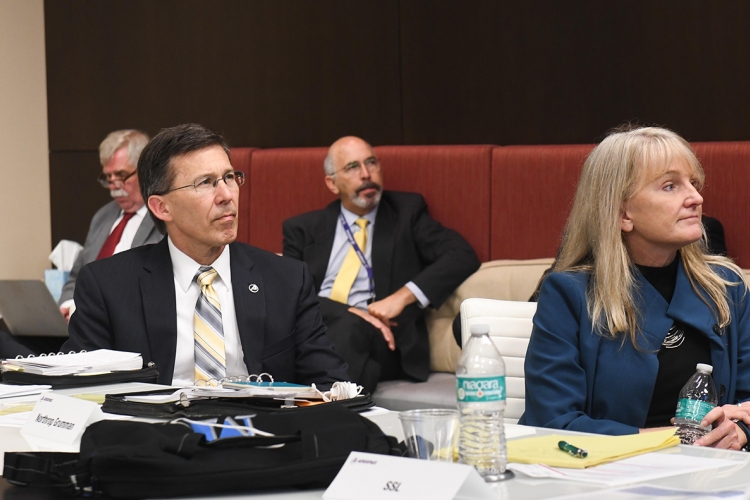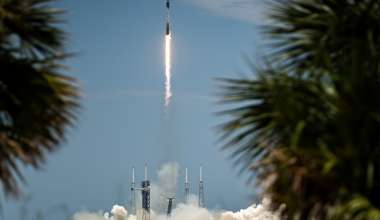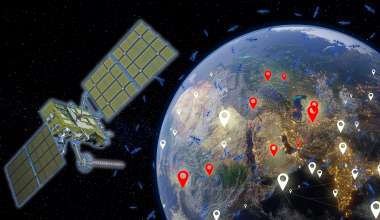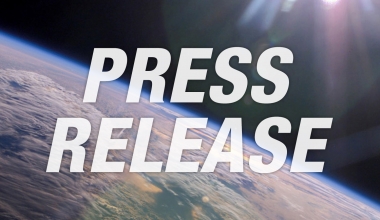The space industry is changing rapidly, and stronger collaboration between government and industry is necessary to address emerging challenges effectively. The prospect of a war in space, the emergence of new entrants, and the use of secondary payloads have disrupted the status quo, and the industry must change how it works together to adapt effectively to this changing world.
Origins Of The Space Collaboration Council
It was the challenges posed by a string of launch failures in the late 1990s that originally prompted Aerospace to establish a collaborative forum known as the Space Quality Improvement Council (SQIC), where senior quality and mission assurance professionals from the contractor community could come together to tackle industrywide mission assurance challenges. Over the years, other forums, such as the Mission Assurance Improvement Workshop (MAIW), were established to expand this collaboration across a wider group of executive leadership in industry and government. These forums primarily focused on concerns about quality and gave industry an opportunity to present informational outbriefs to government leadership to share perspectives, discuss issues, and offer recommendations. These activities had a positive effect, as evidenced by the string of launch successes and the influence of the groups’ products on industry best practices.
Aligning Industry Needs With Government Issues
While these forums provided a way for industry to raise government awareness of key issues or concerns, they did not provide a direct seat at the table with the government to discuss issues and work them out together. To address this shortcoming—and to recognize that it is increasingly important to view space systems as an integrated enterprise—The Aerospace Corporation decided to merge and refocus the SQIC and MAIW. The result is the new Space Collaboration Council, established to bring together senior leaders from government and industry to address today’s emerging challenges in space. No longer will industry only present solutions to the government for consideration, but will actively work with the government to develop and apply them.
2017 Space Collaboration Council Meeting
Aerospace hosted the first meeting of the Space Collaboration Council in mid 2017. Industry participants included Ball, Boeing, Harris, Lockheed Martin, Northrop Grumman, Orbital ATK, Raytheon, and SpaceX. Government organizations represented included Space and Missile Systems Center, National Reconnaissance Office, Missile Defense Agency, NASA, and Defense Contract Management Agency. The new approach was well received, and the discussions covered a range of key space enterprise issues, including: requirements for small payload ridesharing, hosted payload interface specification and design guidance, challenges in qualifying parts created via additive manufacturing, common specifications and standards, differences between government and commercial timelines, opportunities for lean developments, agile mission assurance, and early problem alert systems.
Future meetings of the Space Collaboration Council will focus on a few key topics such as cybersecurity and space system resiliency to allow for in-depth discussion. Aerospace is proud to play a central role in facilitating constructive efforts such as this.






